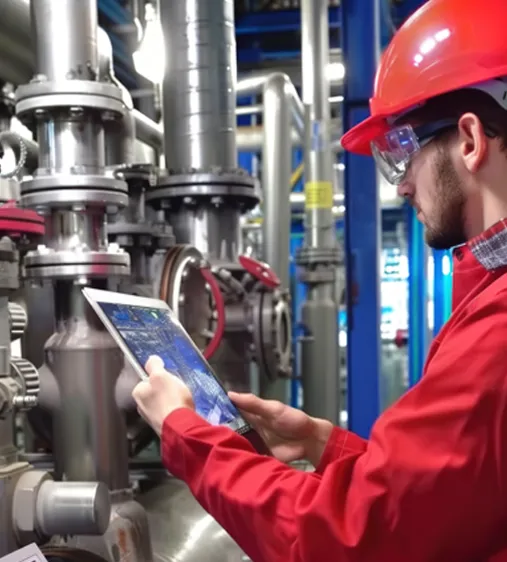What is Process Control?
The question “What is process control and what does it do?” is a topic often explored in the industry. This control system can be defined as a technique actively used in industrial processes to achieve desired outcomes through the use of different systems or devices.
This system monitors the inputs and outputs involved in the production process. The goal of this monitoring is to ensure that the process operates efficiently and effectively.
The purpose of process control is to monitor and control parameters such as pressure, level, flow, or speed in the systems. This system is commonly used in fields such as chemical, petroleum, food, and automotive industries, where it holds critical importance.
This control system aims to minimize human error, which in turn enhances the quality of production and maximizes efficiency. Constant monitoring of control systems and processes helps identify potential issues, allowing for necessary corrections.


